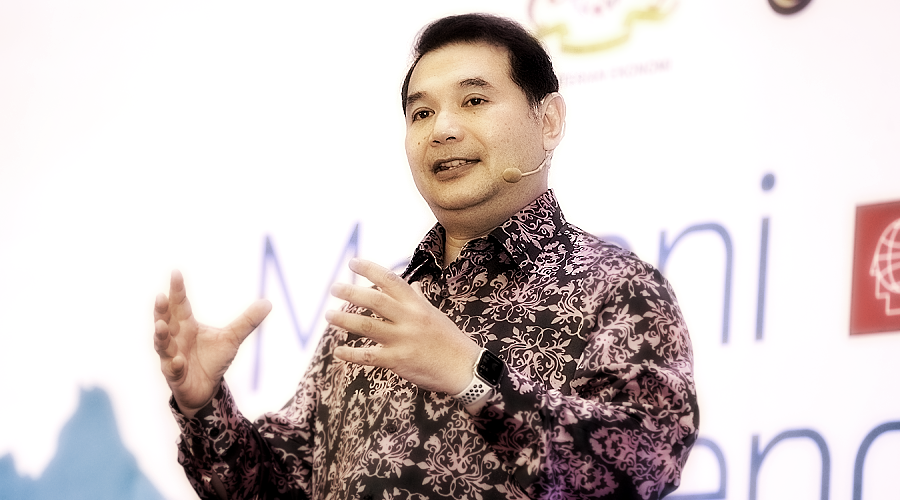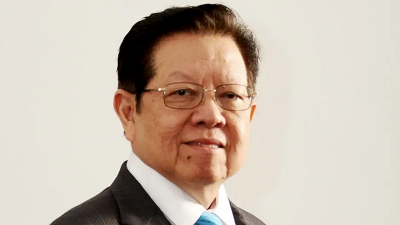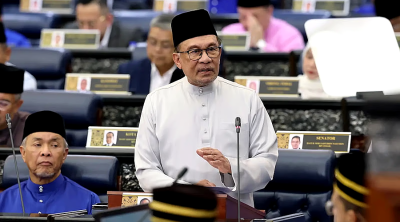
My position on Rafizi Ramli remains unambiguous: his success would be a political miracle; his failure, a tragedy.
He is neither Malaysia’s first visionary nor its sole dreamer, but by embracing the electoral path, he bound himself to the system’s unsparing rules.
Intelligence and ideals alone are insufficient—what separates enduring reformers from footnotes is the patience and skill to navigate realpolitik.
Yet Rafizi’s chronic lack of party discipline —operating as a faction unto himself— undermines collective action.
Malaysia has never lacked brilliant minds; what we lack are strategic team players who translate ideas into lasting change.
Some blame Anwar Ibrahim for Rafizi’s predicament, but this misreads the agency. Rafizi chose his path.
The silence of party leadership—including Nurul Izzah, who reportedly still respects him—speaks volumes.
His failure to reconcile personal ambition with institutional loyalty has turned potential allies into wary observers.
Prime ministerial prospects?
Perhaps—but not today, nor under current conditions.
His supporters overlook a hard truth: Anwar did not stumble into power. His premiership was earned through decades of sacrifice and coalition-building, forged on the trust of ordinary Malaysians who believed in a multi-ethnic nation.
That a leader from a pluralist coalition finally holds office is historic. Yet instead of consolidating this progress, Rafizi’s self-isolating tactics fixate on tearing Anwar down—aligning, wittingly or not, with forces seeking to fracture Malaysia’s reform movement.
A critical question lingers: If Rafizi were PM now, would he outperform Anwar?
On political acumen, resilience, and the ability to unify rivals, the answer is evident.
The perils of overreach
Rafizi’s greatest weakness is verbosity and insubordination. Even allies tire of critiques lacking follow-through and unilateral maneuvers that bypass party consensus.
After decades of similar rhetoric, Malaysians demand: What have you delivered? Powerlessness excuses nothing—why did he not maximize influence when he held it? Why sabotage unity when solidarity was needed?
He lacks the strategic restraint embodied in the Chinese proverb: 卧薪尝胆, 韬光养晦 (“endure hardship in silence; bide your time”).
True leadership requires submitting to collective discipline—a lesson Rafizi’s solo crusades ignore.
Slogans inspire—governance requires teamwork.
The Malay question and ideological clarity
No reform survives without Malay support. Yet many Malays view Rafizi as “Mr. Formula”—a technocrat strong on calculations, weak on results and consensus-building.
Where is his vision for foreign policy? His stance on US-China tensions? Ideology matters less if he uplifts the marginalized—but how can he deliver without party trust?
I bear Rafizi no ill will, but his strategy is misaligned.
He conflates activism with governance, a recurring error among young reformers. Worse, he has alienated Anwar and Nurul—key allies turned inadvertent foes through repeated breaches of party solidarity.
Vengeance has no place in statecraft; nor does rogue individualism.
A path forward
Time remains for Rafizi to mature. To lead, he must learn when to speak and when to listen, when to lead and when to follow.
He must prioritize coalition fortification over personal victories.
For now, he seems trapped in self-grasping, prioritizing immediate wins over enduring influence and mistaking rebellion for strategy.
Politics rewards neither the purest nor the loudest, but team builders who master timing.
For his sake—and Malaysia’s—I hope he learns this before the window closes.
(Charles Chia Yong Tai is Member of Monsoons Malaysia.)
ADVERTISEMENT
ADVERTISEMENT








































